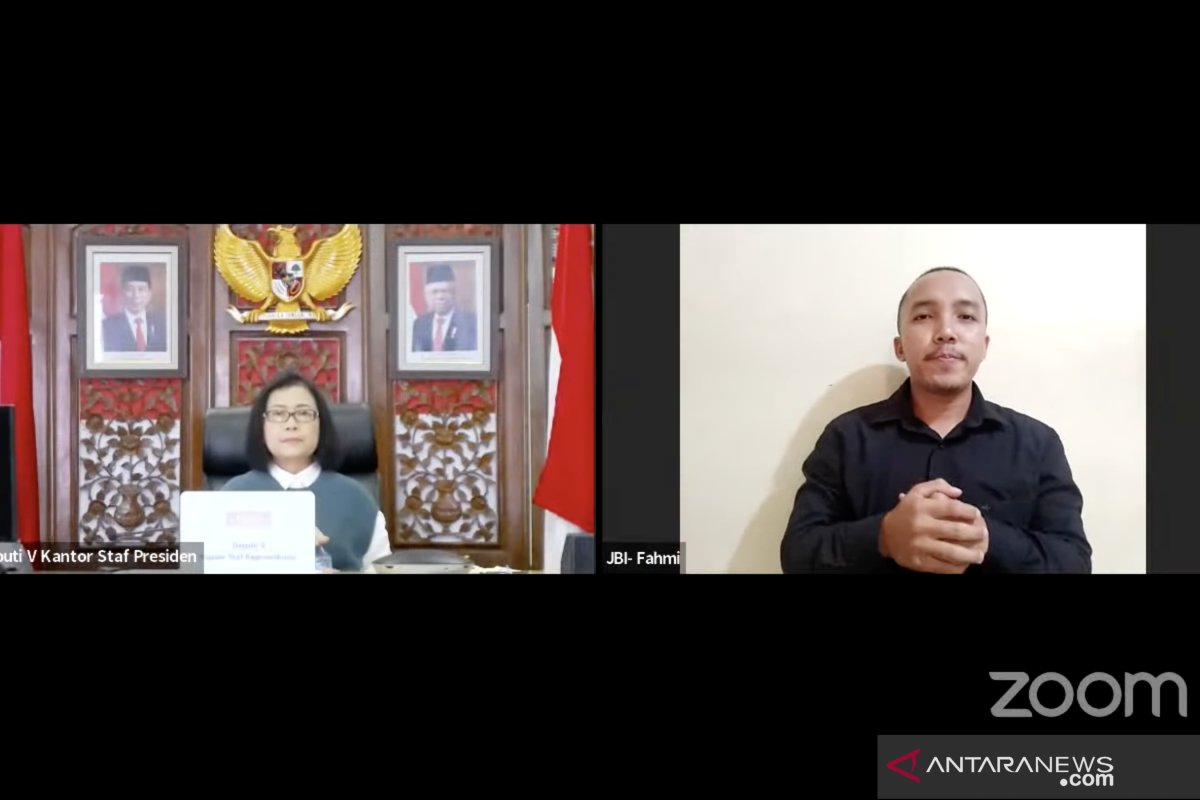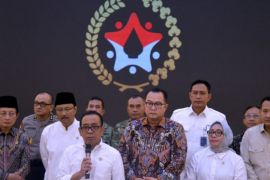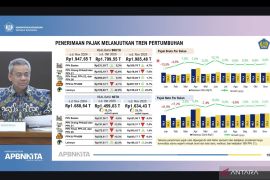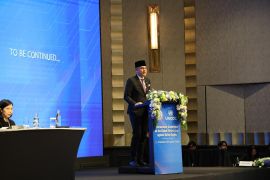Citing data from the official website of Statistics Indonesia, the score of Indonesian civil liberties reached 77.20 in 2019 and then increased to 79.40 in 2020.
Gauging from the figure, Dani attributed the increase to improvements in the freedom of belief, wherein the score in 2019 was 83.73 and rose to 93.38 in 2020.
"Nevertheless, Indonesia still maintains its position in the moderate category," she explained while delivering a presentation at a webinar held to discuss the role of the National Commission on Human Rights (Komnas HAM) on the impact of the COVID-19 pandemic on human rights and Sustainable Development Goals (SDGs) here on Wednesday.
Related news: Indonesian Democracy Index rises 0.28 points in 2018
The COVID-19 pandemic decreased the performance of democracy indexes around the world due to various adjustments that had to be made by the global community in the activities of the nations, she added.
From the three aspects measured, Indonesia experienced a decline in the aspect of democratic institutions and political rights despite the increase in civil freedom, she highlighted.
Hence, Dani explained that the declining trend cannot be separated from the domestic context, including law enforcement measures against intolerance that endangers the country's ideology as well as a series of government decisions in overcoming the COVID-19 pandemic for creating effectiveness and stability.
Dani assessed that the fluctuation in Indonesia's democracy index showed that democracy in the country still faced major challenges throughout the ongoing process of democratic consolidation.
Moreover, the journey of democracy in Indonesia is still long and requires hard work from all elements of society, she stressed.
"We need the cooperation of all parties to reach the good category, with an index greater than 80 points," Dani added.
Related news: Jakarta scores highest democracy index in Indonesia
Translator: Putu S, Kenzu T
Editor: Suharto
Copyright © ANTARA 2021












